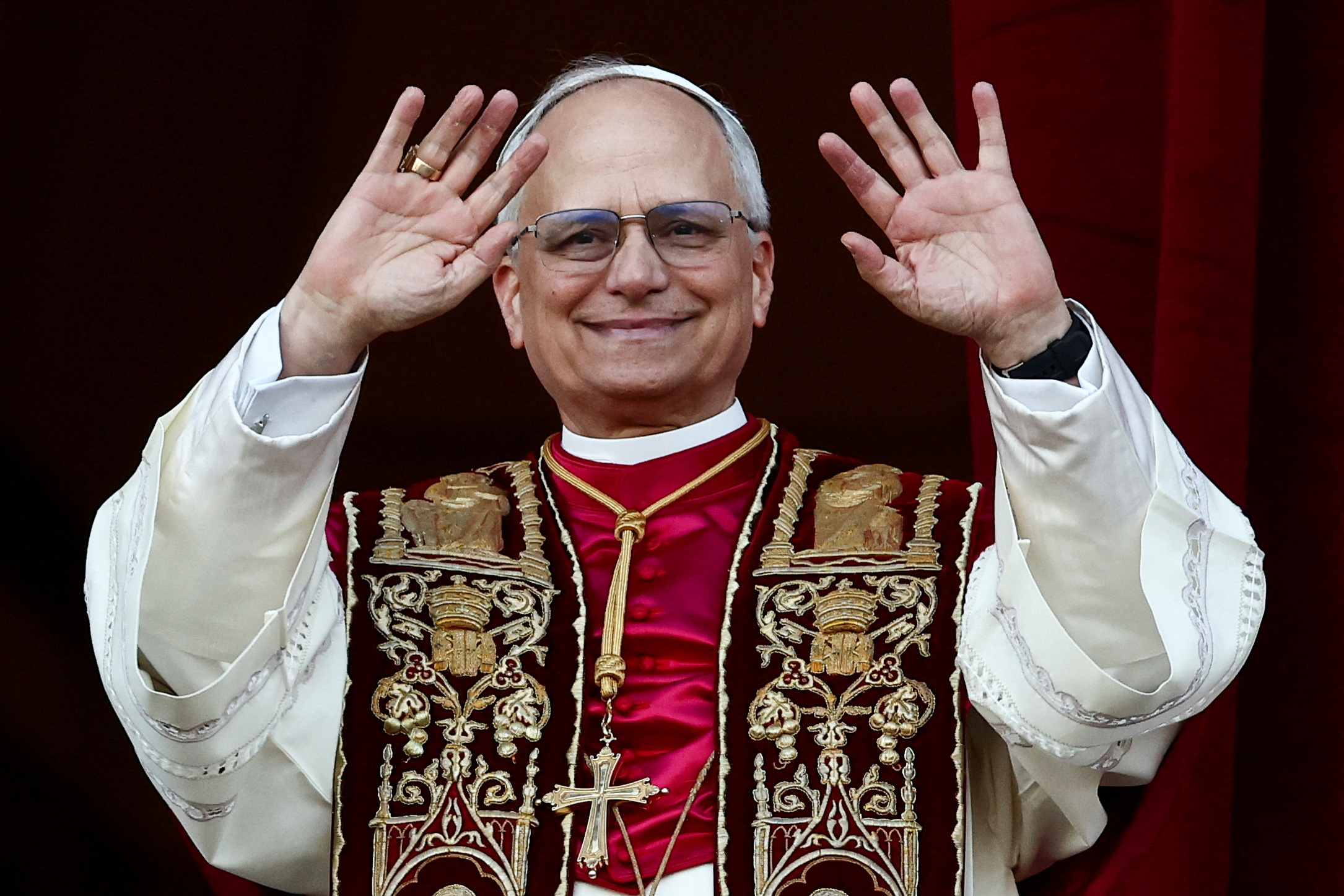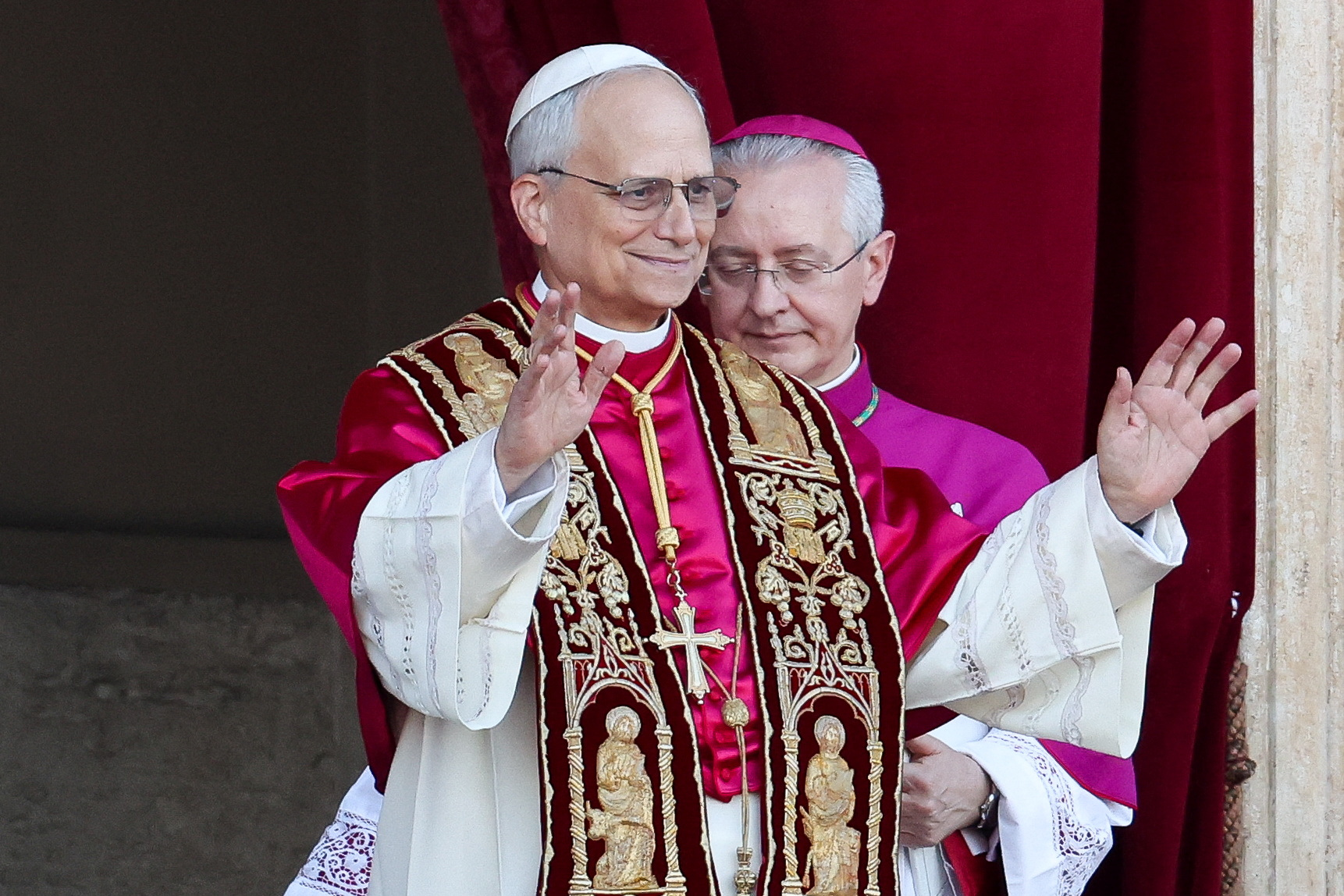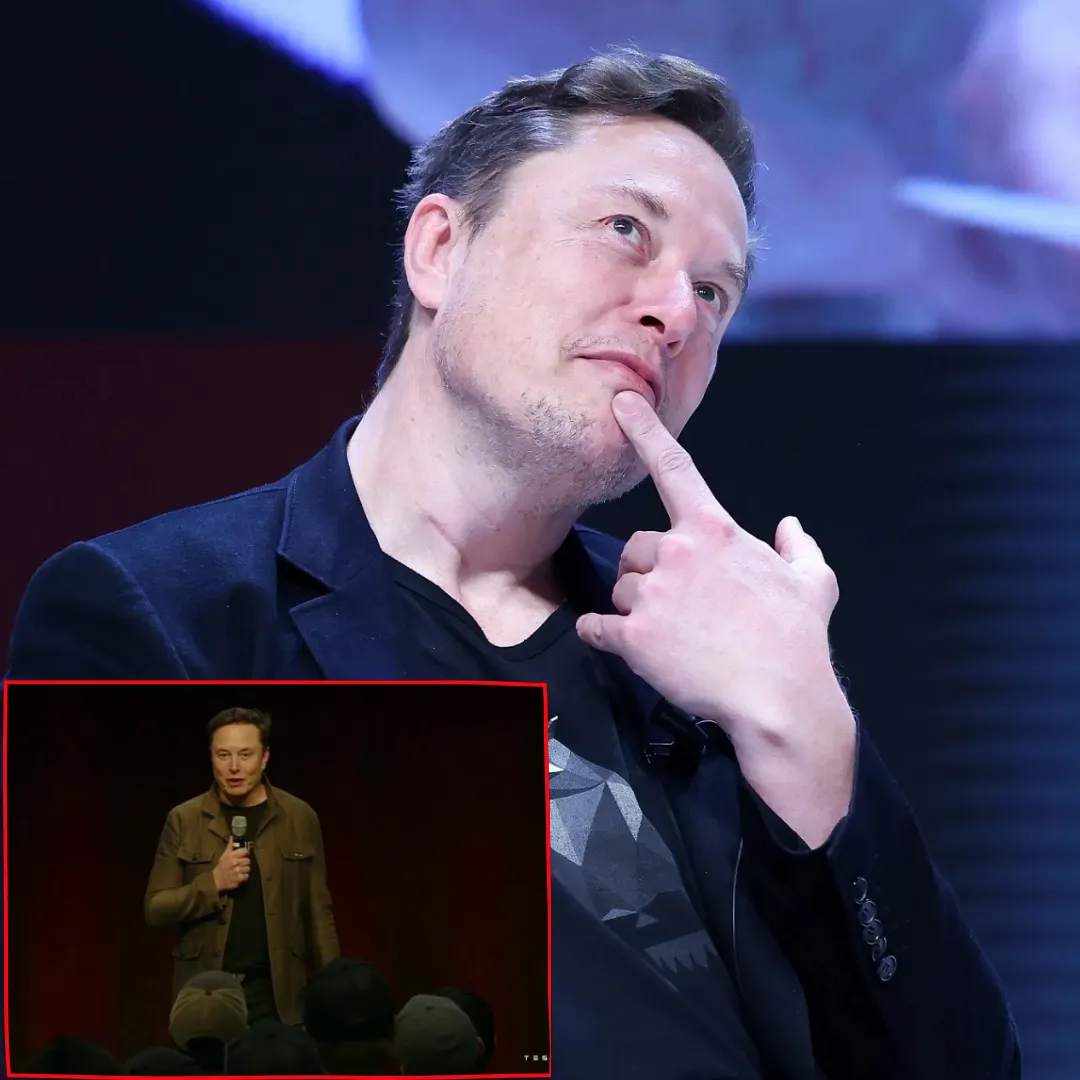
The recent election of Cardinal Robert Prevost as the first American pope has sparked widespread discussion about the future of the Catholic Church. With his papacy, the Church enters a new era, shaped not only by the personality of Pope Leo XIV but also by the unique perspective he brings as an American leader.
This historic moment marks a significant turning point, as the Catholic Church, with its deep roots in European traditions, faces a future with a new voice at its helm, one that may reshape its role in a rapidly changing global landscape. The election of Pope Leo XIV, who took the papal name in homage to his spiritual predecessors, represents more than just the selection of a new leader—it marks the beginning of a new chapter for the Church.
As the first American pope, Prevost’s leadership is poised to be defined by his ability to bridge the gap between the traditional teachings of the Church and the dynamic changes occurring in the world, particularly in the United States, where secularism and changing social norms are increasingly dominant. This transition brings with it a fresh perspective on Catholicism that is bound to influence both the internal workings of the Church and its external interactions with the global community.
For centuries, the papacy has been dominated by European leaders, many from Italy. The election of Pope Leo XIV marks a dramatic shift in this trend. His selection reflects the evolving global landscape and the Church’s attempt to become more inclusive and representative of its diverse global flock.

As the first pope from the United States, Leo XIV's papacy could pave the way for a more expansive understanding of Catholicism, one that speaks to the needs of a younger generation, grapples with contemporary issues, and engages with the cultural shifts occurring within the Western world.
One of the most immediate challenges that Pope Leo XIV faces is the increasing secularism in both Europe and the United States. Catholicism, like many other religious institutions, has struggled to maintain its influence in societies where secular ideologies are on the rise. The younger generations are increasingly disengaged from religious institutions, with many questioning the relevance of traditional religious practices in a modern world.
As the first American pope, Leo XIV’s experience in navigating this complex landscape could give him a unique advantage in addressing these concerns. His background and understanding of American society, which is increasingly shaped by cultural diversity and individualism, could offer fresh insights into how the Church can regain its influence and relevance in an era where faith is no longer central to many people's lives.
The new papacy also raises important questions about the Church's stance on social issues, including the role of women, LGBTQ+ rights, and the relationship between the Church and modern political systems. Pope Leo XIV’s leadership is likely to be defined by how he navigates these issues, which have been sources of division within the Church for many years.
While Pope Francis was known for his progressive stance on certain social issues, his papacy also encountered resistance from more conservative factions within the Church. Pope Leo XIV’s approach could further define the Church's relationship with modernity and provide clarity on how it will address the needs and concerns of an increasingly diverse and globalized world.
Another important aspect of Pope Leo XIV’s papacy is his potential role in reshaping the relationship between the Catholic Church and the United States. The United States, with its significant Catholic population, has long been a key player in global Catholicism. The selection of an American pope could strengthen ties between the Church and the U.S., fostering a greater connection between American Catholics and the Vatican.
Pope Leo XIV’s leadership could lead to a more active role for the U.S. in shaping Church policies, particularly on issues such as immigration, poverty, and social justice. His American background could also bring a more pragmatic approach to dealing with the political challenges faced by the Church in the U.S., particularly as the country becomes more politically polarized.
The influence of Pope Leo XIV’s papacy will also be felt in the Church’s approach to global issues such as climate change, poverty, and the refugee crisis. As the world grapples with increasingly urgent environmental and humanitarian crises, the Church’s moral authority could play a pivotal role in addressing these challenges.

Pope Leo XIV’s papacy could usher in a new era of global cooperation, with the Church taking a more active stance on social justice and sustainability. His leadership could provide the moral framework for addressing global inequality and environmental destruction, issues that are increasingly important to younger generations of Catholics and non-Catholics alike.
Internally, Pope Leo XIV will face the challenge of leading a Church that is in the midst of significant transformation. The Church’s governance structure, its relationship with the clergy, and its approach to liturgy and doctrine are all areas that have been subject to scrutiny and debate in recent years. Pope Leo XIV’s leadership could bring clarity and stability to the Church, particularly as it navigates the challenges posed by modernity and the changing dynamics of the global Catholic community.
His ability to unite the diverse factions within the Church—those who advocate for reform and those who resist change—will be crucial in determining the success of his papacy. In conclusion, Pope Leo XIV’s election marks the dawn of a new era for the Catholic Church. His leadership will be shaped by his unique perspective as the first American pope, and his ability to address the challenges of secularism, social justice, and global inequality will define his papacy.
As the Church faces the complexities of the modern world, Pope Leo XIV’s ability to navigate these issues with wisdom and compassion will determine the future of Catholicism in the 21st century. His papacy represents not just a shift in leadership but a shift in the global understanding of Catholicism, one that is increasingly influenced by the diverse cultures and perspectives of the modern world.
Whether he succeeds in charting a new course for the Church or struggles to bridge the gap between tradition and modernity remains to be seen, but one thing is clear: Pope Leo XIV’s papacy will shape the future of the Catholic Church for generations to come.



-1745380320-q80.webp)
-1744467099-q80.webp)
-1746786866-q80.webp)